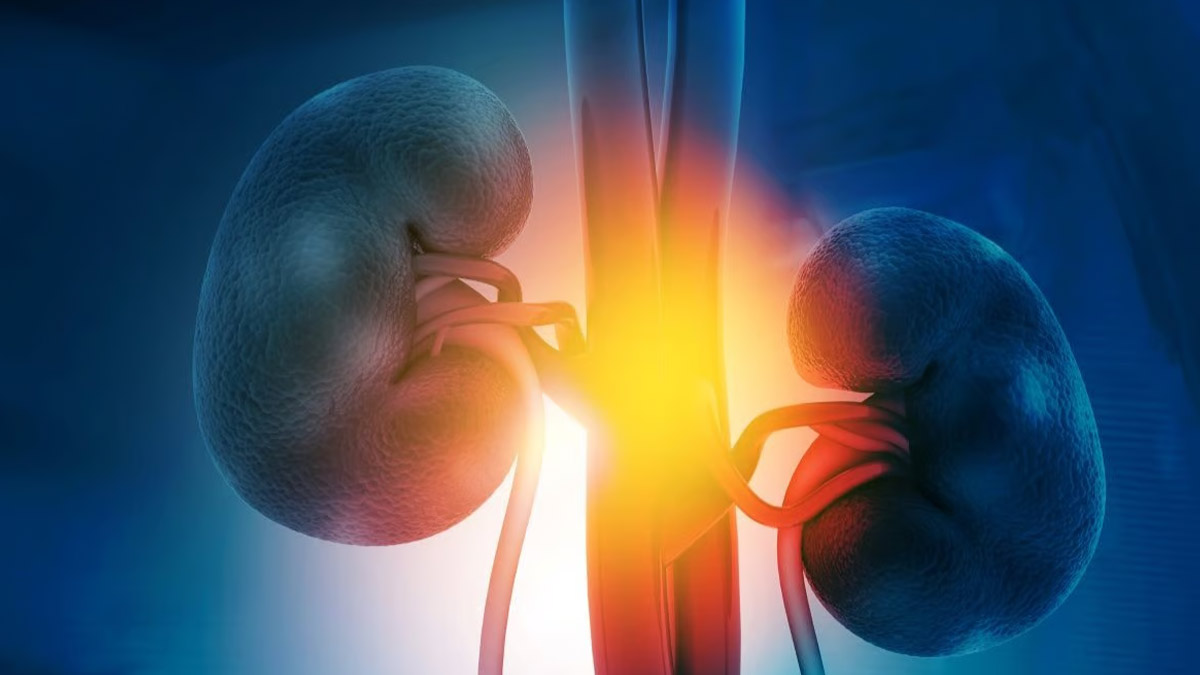
A new study has confirmed that kidney transplants between HIV-positive individuals are both safe and effective, potentially revolutionising organ donation for people living with the virus. This research comes at a pivotal moment as the U.S. government proposes changes to current transplant regulations, expanding the availability of organs for individuals regardless of their HIV status. Published in the New England Journal of Medicine, the study involved 198 kidney transplants and revealed promising results, giving hope to many on the transplant waiting list.
Table of Content:-
Groundbreaking Findings in HIV-Positive Kidney Transplants
The study examined kidney transplants performed across the U.S. and involved participants who were all HIV-positive and had kidney failure. These patients were willing to accept kidneys from both HIV-positive and HIV-negative deceased donors, depending on which organ became available first. The results showed that both groups—those who received kidneys from HIV-positive donors and those who received them from HIV-negative donors—had similar survival rates and low rejection risks. Over the course of four years, researchers monitored these patients and found that the outcomes were nearly identical.
Notably, the study found that viral loads increased in 13 patients who received kidneys from HIV-positive donors and four patients who received kidneys from HIV-negative donors. However, these increases were primarily linked to inconsistent adherence to HIV medication. In all cases, the virus levels returned to very low or undetectable levels when patients resumed proper treatment, emphasizing that medication compliance is crucial.

The Potential Impact of Regulatory Changes
The Department of Health and Human Services recently proposed a rule change that would extend the practice of kidney and liver transplants between HIV-positive individuals beyond research settings. Currently, these transplants are limited to clinical studies, but if the rule is approved, it could take effect within a year and allow for more widespread implementation. This rule change would apply to both living and deceased donors, significantly expanding the donor pool.
Also Read: US Man Dies From Rare Mosquito Virus Caught In Backyard As Cases Surge Nationwide
The ability to use organs from HIV-positive individuals could reduce the strain on the organ transplant waiting list, benefiting both those with and without HIV. With more than 90,000 people in the U.S. currently waiting for kidney transplants, according to the U.S. Organ Procurement and Transplantation Network, this shift could save countless lives. In 2022 alone, over 4,000 individuals died while waiting for a kidney transplant. Expanding the donor pool by including HIV-positive donors would help shorten the wait time for many.
Historical Context and the Road Ahead
The practice of using organs from HIV-positive donors for HIV-positive recipients was first explored in South Africa in 2010, when surgeons demonstrated its safety. However, it wasn’t until 2013 that the U.S. government lifted a ban on HIV-positive organ donations, allowing research studies on the subject. In 2019, Dr. Segev and his colleagues at Johns Hopkins University performed the world’s first kidney transplant from a living HIV-positive donor to an HIV-positive recipient, marking a milestone in transplant history.
Also Read: Liam Payne, Star Of One Direction, Found Dead In Buenos Aires
Since then, over 500 transplants involving kidneys and livers from HIV-positive donors have been performed in the U.S., demonstrating the procedure’s growing acceptance. Despite this progress, there remain significant barriers for people with HIV who wish to donate organs. Stigma, outdated laws, and policies criminalizing organ donation by individuals with HIV have prevented many from becoming donors. However, experts like Carrie Foote, a sociology professor at Indiana University and an HIV-positive registered organ donor, argue that expanding the practice benefits everyone.
Global Implications and a Step Toward Equality
The findings of this study are expected to have far-reaching effects, not just in the U.S., but globally. In an editorial accompanying the study, Dr. Elmi Muller of Stellenbosch University in South Africa, who pioneered HIV-positive organ transplants, highlighted the significance of these results for countries that have not yet adopted this practice. She noted that the study marks a step toward fairness and equality for individuals living with HIV, offering new hope for those who have long been marginalized in organ donation policies.
This study represents a crucial advancement in the field of transplantation and provides an opportunity to reshape global organ donation policies. As medical science continues to evolve, this breakthrough brings us closer to ensuring that everyone, regardless of their HIV status, can benefit from life-saving transplants.
Also watch this video
How we keep this article up to date:
We work with experts and keep a close eye on the latest in health and wellness. Whenever there is a new research or helpful information, we update our articles with accurate and useful advice.
Current Version